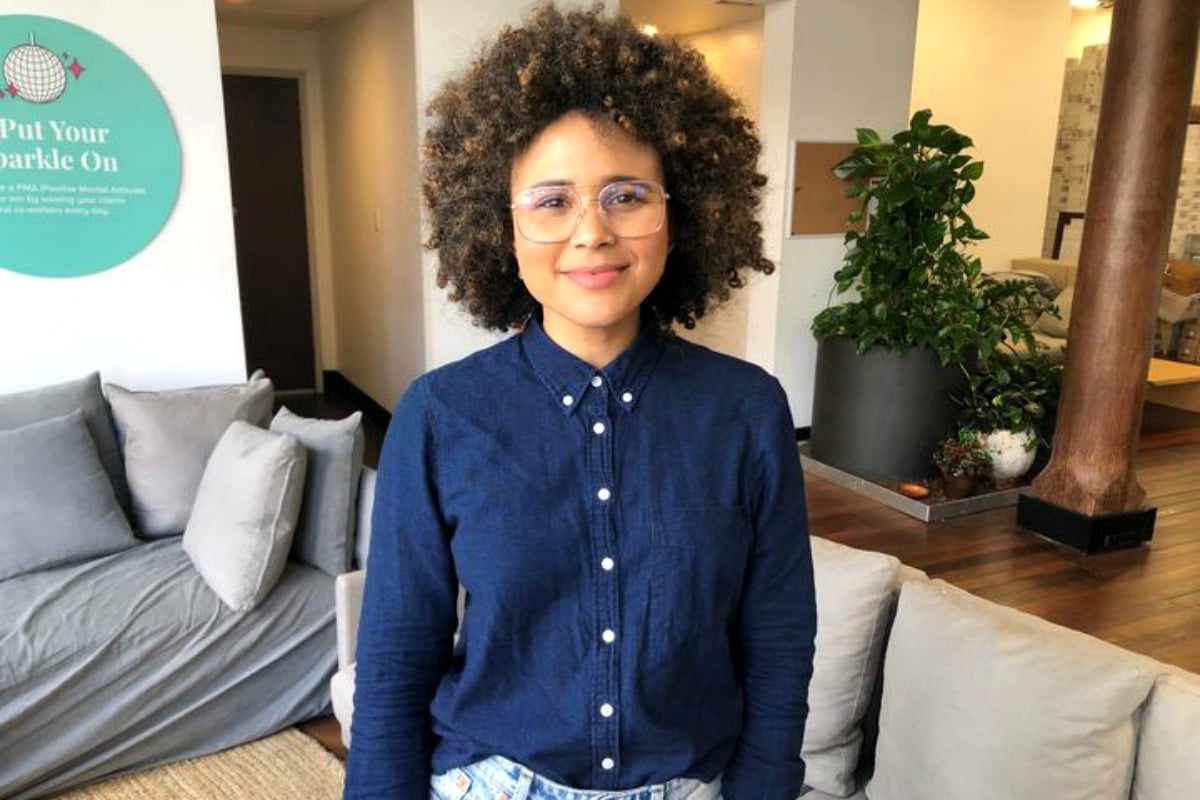
“Where are you from?”
It’s a question I get asked constantly and I’ll admit, I do have a bit of fun with it now.
“Brisbane,” I’ll say, which is then met with, “but where are you really from?”
“Oh, Indooroopilly” I respond knowing it’s an answer that won’t suffice.
Finally, I just have to address the real question they are asking me and say “you mean why am I black?” and it makes them squirm.
It’s this feeling, the squirm and the discomfort, that people should be hit with when they think about asking questions like the ones above.
It’s not that I don’t understand their curiosity. When I see a mixed-race person, I too wonder what their mix might be, but it is not something I have the right to ask them about.
By asking where I am from, by asking me why my hair is curly or why my skin is dark, you are indirectly asking for my family history. For me personally, that’s really confronting.
Listen to Kee Reece tell her story of casual racism in Australia, in relation to Chelsea Handler’s new Netflix show, on The Spill.
I don’t have a conventional family and it is something I was already aware made me different way before my race was even on my radar. Double the fun, yay for me.
Recently I was at the Archibald Prize with my godmother, and there was an older (than me) white man who I had been locking eyes with during the two or so hours we had been walking around the exhibit.

Top Comments
I get asked, ahem, what’s “in me” all the time (Australian father, Egyptian mother) and I’m always more than happy to chat about it, but only after making people guess first. (Survey says I’m from Greece, Italy, Lebanon, Malta and curiously enough, Malaysia on one occasion, despite looking about as Asian as a lamington.)
My hair is of no interest to anyone, but I’d be infuriated too if they tried to touch it.
Damn - I took a long shot on the lottery and picked Peruvian.. Crap ;o)
Edit - TMI